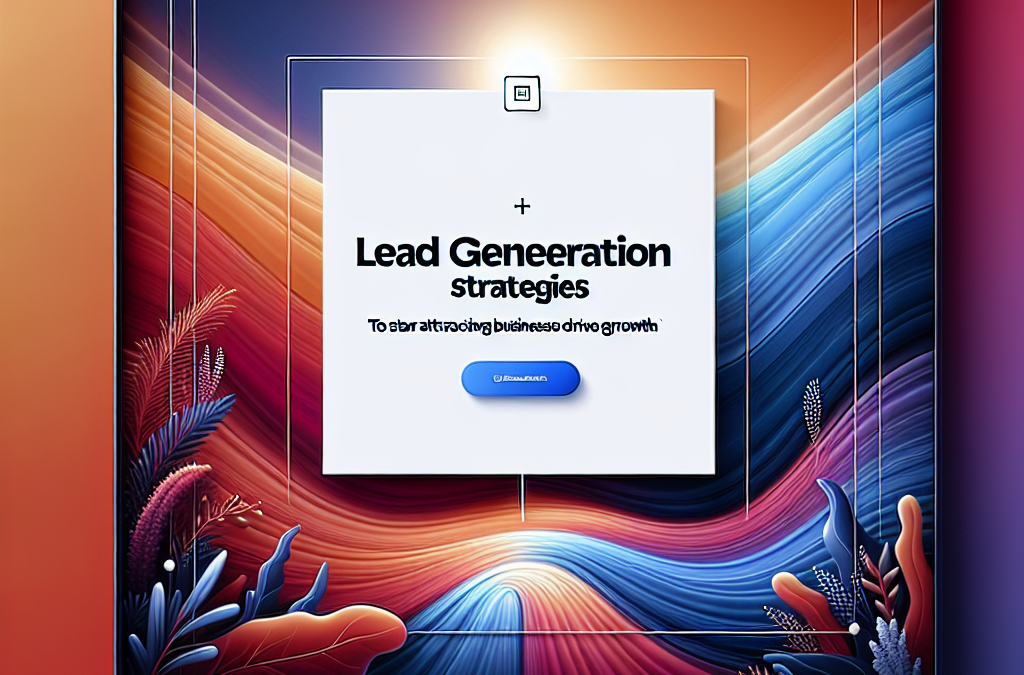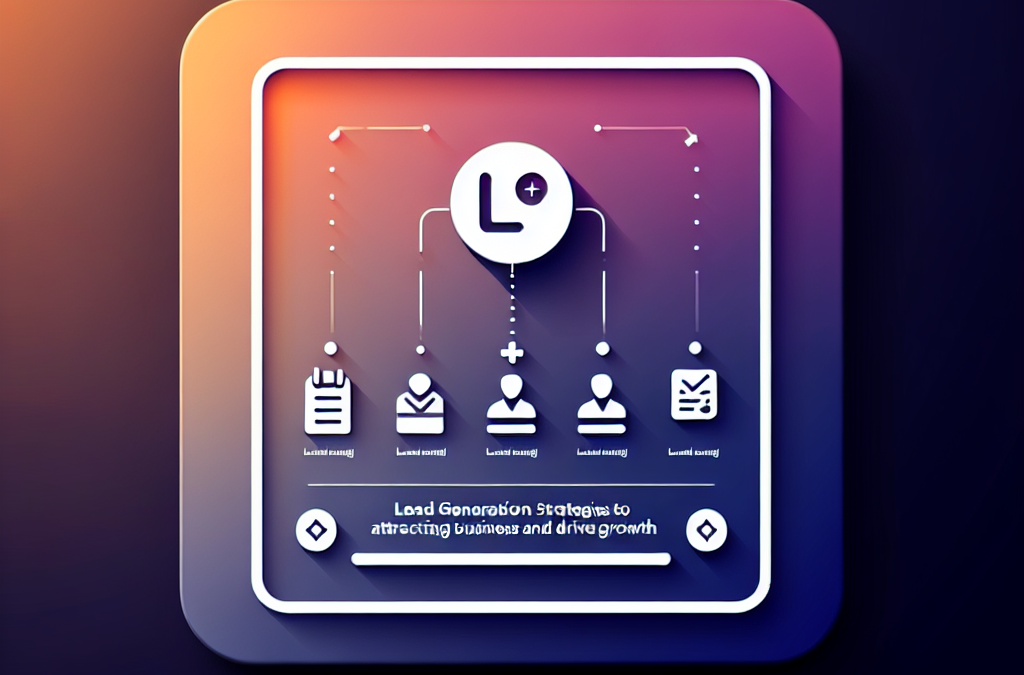How SEO Can Skyrocket Your Website’s Visibility
In the competitive world of digital marketing, gaining visibility is paramount. Your website could be a stunning masterpiece, but without visibility, it’s like having a billboard in the middle of a desert. So, how do you take your site out of obscurity and bring it to the forefront? Search Engine Optimization (SEO) is the magic key. By optimizing your website for search engines, you’re not just ensuring visibility, but also setting the stage for long-term success in driving organic traffic and boosting sales.
What is SEO?
Search Engine Optimization, commonly known as SEO, refers to the process of optimizing your website so that it ranks higher on search engines like Google, Bing, or Yahoo. But SEO is not just about pleasing algorithms; it’s about making your website more appealing and usable for people. With the right techniques, SEO can greatly enhance your site’s visibility, putting it in front of the right audience who are actively searching for your products or services.
The Importance of SEO for Businesses
SEO plays a pivotal role in a business’s online presence. Imagine a customer who’s ready to buy but can’t find your website because it’s buried on the fifth page of Google. Statistics reveal that over 75% of users never scroll past the first page of search engine results. If your site isn’t there, your chances of being found organically are slim to none. SEO helps ensure that your site appears in those crucial top spots, leading to higher visibility, more traffic, and ultimately, more sales.
How SEO Can Skyrocket Your Website’s Visibility
SEO is not a one-time effort but a long-term strategy. By continuously optimizing your website, you ensure that it stays relevant, useful, and at the top of search engine results. Here’s how SEO can make your website more visible:
Improved Search Engine Rankings
The primary goal of SEO is to improve your site’s position on search engine results pages (SERPs). The higher your site ranks for relevant keywords, the more visible it becomes to users searching for related content. SEO strategies like keyword optimization, backlinking, and ensuring a mobile-friendly experience all contribute to your site ranking higher.
Increased Organic Traffic
Organic traffic refers to visitors who find your site through unpaid search engine results. Unlike paid traffic (through ads), organic traffic is more valuable because it often comes from users with a genuine interest in your products or services. By targeting the right keywords, SEO ensures that your site attracts quality traffic, which can lead to higher conversion rates.
Boost in Credibility and Trust
Search engines, especially Google, consider various factors when ranking websites, including site quality, credibility, and user experience. Websites that rank higher are often seen as more trustworthy by users. With proper SEO strategies like using high-quality content, earning backlinks from reputable sources, and optimizing for user experience, your site’s credibility will increase, making it more appealing to both users and search engines.
Better User Experience (UX)
SEO isn’t just about pleasing search engines; it’s about creating a better experience for users. A well-optimized site is easy to navigate, loads quickly, and provides valuable content. Google takes these factors into account when ranking websites. If your site delivers a positive user experience, it will naturally rank higher and gain more visibility.
Optimized for Local Search
For small businesses, local SEO is incredibly important. Local SEO ensures that your business appears in search results for geographically relevant queries, especially in the “Local Pack” results on Google. For instance, if someone searches for “best pizza near me,” businesses with optimized local SEO are more likely to appear. This can dramatically increase foot traffic and leads for local businesses.
Key Elements of SEO
Now that we’ve established how SEO can boost visibility, let’s delve into the specific components of SEO that make it effective.
Keyword Research
At the core of any SEO strategy is keyword research. Keywords are the phrases people type into search engines to find the information they’re looking for. Identifying the right keywords ensures that your website appears when users search for topics relevant to your business. Tools like Google Keyword Planner or SEMrush can help you identify high-volume, low-competition keywords to target.
On-Page SEO
On-page SEO involves optimizing individual pages on your website to improve their search engine rankings. This includes using relevant keywords in the title tags, meta descriptions, headers, and body content. Additionally, on-page SEO focuses on creating high-quality, relevant content that meets user intent.
Example: If you own a photography business, having a page optimized for the keyword “wedding photography tips” could help your site rank when people search for advice on wedding photography, thereby bringing potential clients to your site.
For a step-by-step guide on on-page SEO, refer to HubSpot’s On-Page SEO Guide.
Off-Page SEO
Off-page SEO refers to activities you do outside of your website to boost its ranking. The most common off-page SEO tactic is backlinking, which involves getting other reputable websites to link back to your site. Quality backlinks signal to search engines that your content is valuable and credible, leading to improved rankings.
Technical SEO
Technical SEO deals with the backend elements of your website that impact its performance on search engines. These include factors like website speed, mobile-friendliness, and secure browsing (SSL certificates). Google’s algorithm considers these technical aspects when ranking your site. Thus, ensuring that your site runs smoothly on all devices can dramatically improve its SEO performance.
Content is King
Content is a critical part of SEO. Search engines prioritize websites that regularly publish valuable, relevant content. Whether it’s blog posts, infographics, videos, or guides, your content needs to address the needs and queries of your target audience. By consistently creating high-quality content, you’ll not only satisfy search engine algorithms but also keep users engaged and coming back for more.
How SEO Can Increase Sales
Beyond just increasing visibility and traffic, SEO plays a direct role in boosting sales.
Conversion Optimization
Once SEO brings traffic to your site, the next step is turning that traffic into paying customers. Conversion rate optimization (CRO) focuses on improving the user journey by making it easier for visitors to take action—whether that’s signing up for a newsletter, filling out a contact form, or making a purchase. SEO and CRO go hand in hand; without traffic, you have no one to convert, and without optimization, that traffic may not result in sales.
Targeted Traffic
One of the advantages of SEO is its ability to attract highly targeted traffic. By focusing on specific, intent-driven keywords, you bring visitors to your site who are already interested in what you offer. This means they’re more likely to convert into customers, making SEO a cost-effective marketing strategy that delivers qualified leads.
Long-Term Results
Unlike paid advertising, which stops driving traffic the moment you stop paying, SEO provides long-term benefits. Once your site begins to rank high for certain keywords, it can maintain that position for months or even years with proper maintenance. This means that you’ll continue to see traffic and sales growth without having to continuously invest in ads.
Brand Awareness and Trust
Appearing at the top of search results not only increases traffic but also enhances brand awareness. When users see your website consistently ranking high, it builds trust and credibility in your brand. Over time, this leads to customer loyalty and repeat sales.
Common SEO Mistakes to Avoid
SEO is powerful, but only when done right. Here are some common mistakes that can hinder your website’s visibility:
- Keyword Stuffing: Overloading your content with keywords can hurt your rankings and make your content unreadable.
- Ignoring Mobile Optimization: With the majority of web traffic coming from mobile devices, a mobile-friendly website is crucial.
- Not Updating Content: Regularly updating your content keeps it relevant and helps you maintain rankings.
- Neglecting Meta Descriptions: Meta descriptions play a critical role in SEO as they influence click-through rates on SERPs.
For more tips on avoiding common mistakes, check out Search Engine Land’s Common SEO Mistakes.
FAQs
How long does SEO take to show results?
SEO is a long-term strategy. While it can take a few months to see significant results, the impact is often long-lasting and sustainable.
Is SEO better than paid advertising?
SEO and paid ads serve different purposes. SEO offers long-term, sustainable traffic, while paid ads provide immediate visibility but require ongoing investment.
What is the role of backlinks in SEO?
Backlinks from reputable websites signal to search engines that your content is valuable, helping improve your rankings.
Why is mobile optimization important for SEO?
Search engines prioritize mobile-friendly websites since most users now browse on mobile devices. A non-optimized site can lead to lower rankings.
Can I do SEO on my own?
Yes, but SEO requires a deep understanding of how search engines work. Hiring an expert can be beneficial for those unfamiliar with its complexities.
What are long-tail keywords, and why are they important?
Long-tail keywords are specific, intent-driven phrases. Targeting these can attract more qualified traffic and improve conversion rates.
Conclusion
SEO is one of the most powerful tools for increasing your website’s visibility and driving organic traffic. By focusing on both on-page and off-page optimization, ensuring a seamless user experience, and regularly updating your content, you can skyrocket your website’s rankings. As your site climbs the search engine results, you’ll see a noticeable boost in traffic, credibility, and, most importantly, sales. Whether you’re a small business or a large enterprise, investing in SEO will pave the way for long-term success in the digital landscape.









